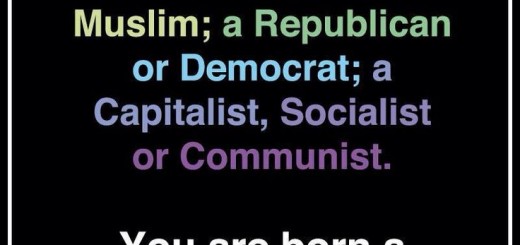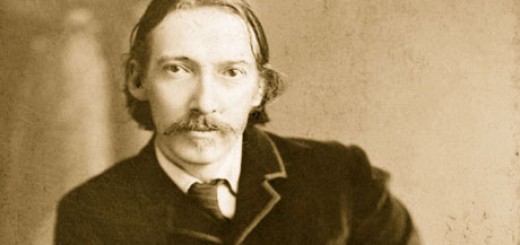Using the ordinary
The words of Amos, one of the shepherds of Tekoa – the vision he saw concerning Israel two years before the earthquake, when Uzziah was king of Judah and Jeroboam son of Jehoash was king of Israel.
He said:
‘The Lord roars from Zion
and thunders from Jerusalem;
the pastures of the shepherds dry up,
and the top of Carmel withers.’ Amos 1:1-2
Amos was a shepherd from Tekoa. Where? Who’s ever heard of Tekoa? As a shepherd, Amos is not necessarily the lowest of the low, as he might have owned and tended for the sheep, but he was certainly of humble origins. He puts that out there right away. He wants the reader to know he is ordinary. Nothing special. These are his words, but who is going to take any notice of a humble shepherd? What does he know? Yes, these are his words, but they’ve been given to him by God. By the one true God. This is what makes his words significant. Amos wants everyone to know that in himself, by himself, he is nothing, but it is God who makes him something. Someone worth listening to. The words he’s speaking are not his; they’re God’s.
It’s one of the overarching themes in the Bible – that God takes the ordinary ones and transforms them into the extraordinary, “the weak things of the world, whom God chose to confound the mighty.” Because of that, there’s no doubt that it’s God at work.
Though we are weak, His grace is everything we need
We’re made of clay but His treasure is within
He turns our weaknesses into His opportunities
So that the glory goes to Him.
If we do something great, it’s natural to want to take the credit. We love to be praised. But it’s important that we stay humble and remember who we are – that we are weak, that we are made of clay, that we do lack wisdom or courage or kindness or whatever we need in that moment. It is God who gives us what we need in the situation. So that the glory goes to him.
Sometimes people tell me that I’m amazing. But I’m not. I’m really not. I find it really uncomfortable. I need to get better at conveying that without God, I would never have been able to do some of the more ‘amazing’ things I’ve done. I want people to know that it is God working through me. itself sounds so pretentious. It’s what I firmly believe, it really is, but I’m not sure how to say it.
‘Two years before the earthquake’. That must have been some earthquake! Because that is the defining point in history which marks when Amos sees this vision from God and conveys it to the people. So this was written down after the earthquake, looking back on what Amos said and the warnings he gave and how they came to pass in such a devastating way. There’s been this period of warning, an opportunity for repentance. The name Amos in Hebrew means ‘a burden’. How apt. Because this is a massive burden. A huge responsibility. It rests on Amos to convince the people that God is serious, to convey to the people what is going to happen. It’s not a comfortable role. Not a ‘nice’ role. Not that he was completely alone. Others were being called to speak out at this time. Amos was a contemporary of Hosea’s.
‘The pastures of the shepherds dry up’. Amos speaks first of all from his own experience. He ‘s a shepherd. He notices when the pastures dry up. He knows the deep significance of this to the shepherds, because he himself is one. He’s starting with what he knows. Speaking into his own situation.
God is calling us all to speak out in one way or another. Most often in our own situation. In our family, our workplace, our community. Speak out for justice and tolerance, kindness and love. No one has nothing to say. No one can stay quiet when they see unfairness and dishonesty and exploitation. And some of us will be called to go further. Some of us will be called to speak out about world politics and climate change and fair trade and human rights. Those people will know who they are. They will not be able to ignore God’s call, God’s burden, God’s responsibility. They will not be able to stay quiet. The words will not be their own, but God’s. However ordinary they are, God will make them extraordinary.
How is God wanting to speak through you today?












